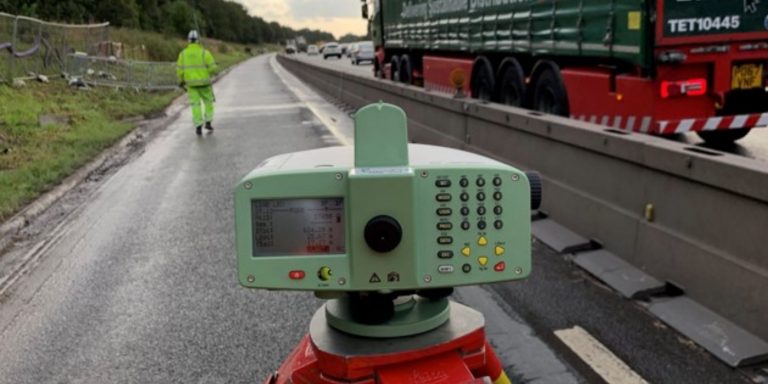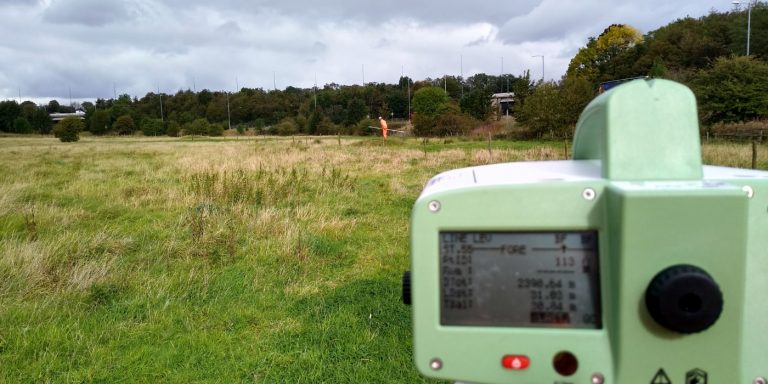Monitoring campaigns in surveying refer to the process of periodically measuring and recording changes in the physical features of a piece of land over a period of time. This type of surveying is used to track changes in the land and to detect any shifts or movements that may occur due to natural causes, such as soil erosion or subsidence, or human-made causes, such as construction or mining activities.
The goal of monitoring campaigns is to provide accurate and up-to-date information about the changes that are occurring in the land, so that appropriate actions can be taken to address these changes, if necessary.
There are several types of monitoring campaigns that can be conducted in surveying, including:
- Land subsidence monitoring: This type of monitoring is used to track changes in the elevation of the land over time, and to detect any subsidence that may occur due to factors such as groundwater pumping, soil compaction, or underground mining activities.
- Deformation monitoring: This type of monitoring is used to track changes in the shape and geometry of structures, such as buildings, bridges, and dams, over time, and to detect any deformations that may occur due to factors such as loading, settling, or seismic activity.
- Coastal erosion monitoring: This type of monitoring is used to track changes in the shape and position of the coastline over time, and to detect any erosion that may occur due to factors such as wave action, sea level rise, or human activities.
- Land movement monitoring: This type of monitoring is used to track changes in the position of the land over time, and to detect any movements that may occur due to factors such as earthquakes, landslides, or human activities.

Monitoring campaigns play an important role in surveying, as they provide valuable information about changes that are occurring in the land and help to ensure that appropriate actions can be taken to address these changes, if necessary. Get in touch if you require any more information.
















